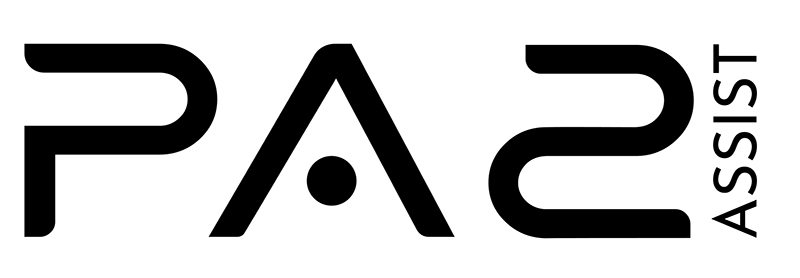The role of a personal assistant (PA) is unique and multifaceted, often blurring the lines between professional and personal life. To navigate this role effectively, it’s crucial to understand and practice proper etiquette, especially in terms of communication and setting boundaries. This blog post will explore the key aspects of personal assistant etiquette that can lead to a successful, respectful, and efficient working relationship.
The Importance of Professionalism in Communication
Clear and Concise Communication
- Clarity is Key: Clear and concise communication prevents misunderstandings and ensures that tasks are completed efficiently.
- Appropriate Channels: Use the communication channels preferred by the employer, whether it’s email, phone calls, or messaging apps.
Tone and Language
- Professional Tone: Always maintain a professional tone, even in informal settings.
- Language Sensitivity: Be mindful of using language that is appropriate and respectful of the work environment.
Understanding and Respecting Boundaries
Personal Space and Time
- Respect Privacy: Understand and respect the privacy of your employer. This includes not divulging personal information or details of their life without consent.
- Work Hours: Be clear about your availability and work hours to maintain a healthy work-life balance.
Emotional Boundaries
- Professional Distance: Maintain a professional distance. While a friendly relationship can be beneficial, it’s important to avoid blurring the lines between professional and personal relationships.
Handling Confidential Information
- Discretion and Trust: A PA often has access to sensitive information. It’s imperative to be discreet and maintain confidentiality at all times.
Navigating Difficult Conversations
- Conflict Resolution: If conflicts arise, address them directly and professionally. Avoid gossip and direct complaints appropriately.
- Feedback and Criticism: Be open to receiving and giving constructive feedback professionally.
Adaptability and Cultural Sensitivity
- Understanding Employer’s Preferences: Every employer is different. Adapt to their preferences and working style while maintaining your professional standards.
- Cultural Awareness: Be aware of and sensitive to cultural differences that may affect communication and interaction.
Continuous Professional Development
- Skill Enhancement: Continuously improve your skills and knowledge relevant to your role.
- Stay Updated: Keep abreast of new tools and technologies that can improve efficiency and communication in your role.
Conclusion
Personal assistant etiquette is about finding the right balance between professionalism and adaptability. Effective communication and clear boundaries are the cornerstones of a successful PA-employer relationship. By respecting privacy, handling confidential information discreetly, and maintaining professional boundaries, a personal assistant can become an invaluable asset to their employer. Remember, the key to excelling in this role lies in your ability to navigate the unique dynamics of the job with grace, respect, and efficiency.
#PersonalAssistantEtiquette #ProfessionalCommunication #BoundarySetting #PAWorkLifeBalance #ConfidentialityInAssistance #EffectivePACommunication #PASkills #WorkplaceRespect #PADiscretion #ProfessionalBoundaries #PAProfessionalDevelopment #CulturalSensitivity #ConflictResolution #AssistantAdaptability #RespectfulWorkplace

